Analysis
In the State of the Union address the President of the Commission expressed a convincing mixture of pride in the achievements, a roadmap for the present, and ambitious openness for the future. A challenging proposal also meant to address nationalistic drives which the EU can postpone no longer. Without overlooking a set of critical issues and omissions…

Jean-Claude Juncker’s State of the Union address, delivered September 13 before the European Parliament gathered in Strasbourg, deserves being applauded. It expresses a convincing mixture of pride in the achievements, a roadmap for the present, and ambitious openness for the future. At a time when the geopolitical scenario that surrounds the EU is increasingly problematic, when the serious social consequences of the economic crisis drag on – coupled by tensions and divisions, the President of the EU Commission acknowledges that the wind is in our sails, that the worrying surge of populisms and nationalisms – albeit not resolved – has reached a standstill, economic development and employment register the highest growth of the past nine years,
EU citizenry and social forces call for more actions and less promises, more reforms and more future.
Juncker claims that we need to hasten our pace. The roadmap set in Rome on the occasion of the 60th anniversary of the Treaties underlies three pillars: a Europe that is concerned and protects, a Europe that invests and paves the path to new opportunities, a Europe that is more assertive on the international stage. Staying the course and accelerating it entails a set of legislative actions and implementation measures to be adopted in the course of the next 18 months leading up to the European elections. European Parliament and Governments will need to do their share. This route can truly respond to citizens’ questions and show that Europe serves her purpose. But the second part of Juncker’s address deserves special attention. Indeed, it is a passionate vision for Europe in that
since the wind has changed we must seize this window of confidence and put out to sea
With determination, setting the frame of a stronger Europe, a Europe that is more ambitious, more democratic, that extends beyond the 2019 deadlines (Brexit and European elections).

The proposal of the “sixth scenario” for Europe’s future, based on the fundamental tenets of freedom, equality and rule of law, is a political action with breadth of scope. Europe is first of all a community of values and destiny, where equality between States, citizens, workers, consumers, has concrete implications. Europe as a community of law and destiny, based on the rule of law and its regulations is not an option “à la carte”. It is a founding, generative bond. Without it we would see the return of the law of the strongest, the erosion of democracy and even of war.
With practical wisdom Juncker demands significant institutional and democratic advancement, but he presents the issue as individual items
that can be accomplished without running the gauntlet of – presently unlikely – amendments to the Treaties. Let us remember the main ones: inclusion of other Countries in the Schengen area, extending enlargement to include Balkan Countries, ensuring that the Euro becomes the currency of all EU Countries, transforming the ESM into a European Monetary Fund, creating a European Minister of Economy and Finance as a completion of the Banking Union. Furthermore, increasing the EU’s decision-making powers by moving from unanimity to qualified majority voting in certain areas, establishing a fully-fledged European Defence Union by 2025. These areas have the power of triggering a deep change in the European Union, leading it towards its necessary destiny of greater integration and political unity.

Thus Juncker proposed to be brave enough to boost EU efficiency by merging the Presidents of the European Commission and the European Council (composed of Member State representatives) and having transnational lists at the next elections of the Parliament in Strasbourg to make Europe more “feasible” and participatory. He thus set a goal: to organise a Special Summit in Romania to be held on 30 March 2019, the day after Britain’s formal exit, to take clear-cut decisions for the future. This should be done also by including Europe’s civil society in the debate. The tool of national Democratic Conventions in 2018 is an appealing idea that must be met with structural and operative concreteness, so it may not remain a dead letter. However, these scenarios solicit three critical remarks.
Notably on Europe’s “Social Triple A”: three years after the slogan was launched the European social rights pillar still remains an undefined object that is not enshrined within the structural processes of European governance.
With reference to migration and the refugee question we are still far from ensuring incisive actions, – ranging from integration policies to the protection of people whose fundamental rights are trampled upon (suffice it to mention Libya’s refugee camps), to veritable channels for legal immigration and humanitarian corridors. Finally, the fact of not having mentioned the strategic horizon of the 2030 Agenda for Sustainable Development is a serious omission, since contemporary Europe could be a true champion in this regard, thereby determining its own future. 2018 will be the European Year of Cultural Heritage and it should be said that culture can become a veritable driver of the European ship, to convince and converge. It will also be the year when the debate on the next seven-year budget will get into full swing. The need for new resources – which are currently lacking – is widely acknowledged. Thus we ought to move forward always hinging on the three reasons of Europe’s success, that had been highlighted by Pope Francis:
The force of vision, the boldness of action and the steadfast patience of weaving.